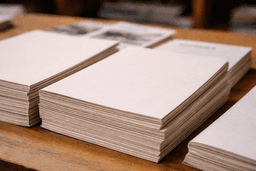
Reporting alone from Ukraine’s frontlines – Ukrainian freelancers covering the war
From negotiating their own safety protocols to processing trauma alone, Ukraine's independent journalists are reshaping war reporting – at a personal cost
The Fix Newsletter
Everything you need to know about European media market every week in your inbox
61 articles • 0 Followers










